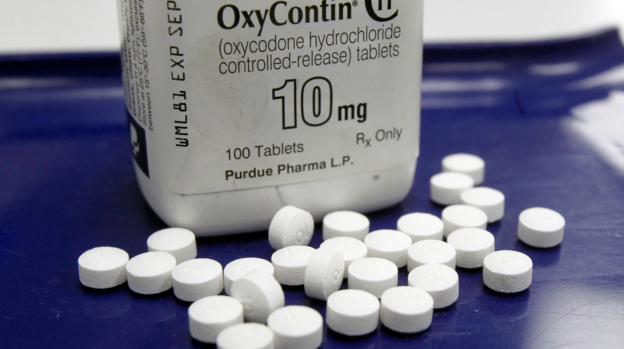Purdue Pharma Bankruptcy
People who suffered damages due to OxyContin or lost their loved ones to the drug will get little compensation from the Purdue Pharma bankruptcy. The ruling in bankruptcy court caps a long legal battle over the fate of a company accused of fueling the opioid epidemic and the family that owns it. Purdue Pharma, the maker of the highly addictive painkiller OxyContin, was dissolved in a wide-ranging bankruptcy settlement that will require the company’s owners, members of the Sackler family, to turn over billions of dollars of their fortune to address the deadly opioid epidemic.
Settlement terms
The settlement terms have been harshly criticized for shielding the Sacklers. They are receiving protections that are typically given to companies that emerge from bankruptcy, but not necessarily to owners who, like the Sacklers, do not themselves file for bankruptcy. One mother claims the maximum payout for her son’s opioid death would be $26,000-$40,000. The family spent more than $125,000 on his care alone. After attorney fees and other claims — it could be as little as $0 in compensation for a life lost. But many of the 138,000 individuals who’ve filed claims for a death, expenses tied to their addiction, or the birth of a child exposed to opioids during pregnancy expect to receive little if anything from the deal.
Protected by bankruptcy
The nation was pounded by a spiraling epidemic of opioid abuse and overdose deaths. By 2014, local governments began filing lawsuits against Purdue. More plaintiffs followed, eventually suing other companies across the pharmaceutical supply chain. Members of the Sackler family became the personification of the epidemic’s villains. The Sacklers withdrew $10.4 billion from Purdue between 2008 and 2017. About half was paid to taxes. “I believe the Sackler family should know what their greed has caused,” the widow, Stephanie Lubinski, wrote. “They should know the name Troy Lubinski and the many, many others that have lost their lives to OxyContin.”
The settlement does not preclude criminal prosecution. But realistically, say prosecutors, those cases are difficult to prove; no government entity has pressed a Purdue-related criminal charge against a Sackler. About 90% of the settlement, which could deliver between $6 billion and $10 billion over time, will go to states, local governments and tribes. They’re supposed to use it to fight the opioid crisis. University of Connecticut law school professor Alexandra Lahav says that ratio prioritizes the greater good, going forward.






